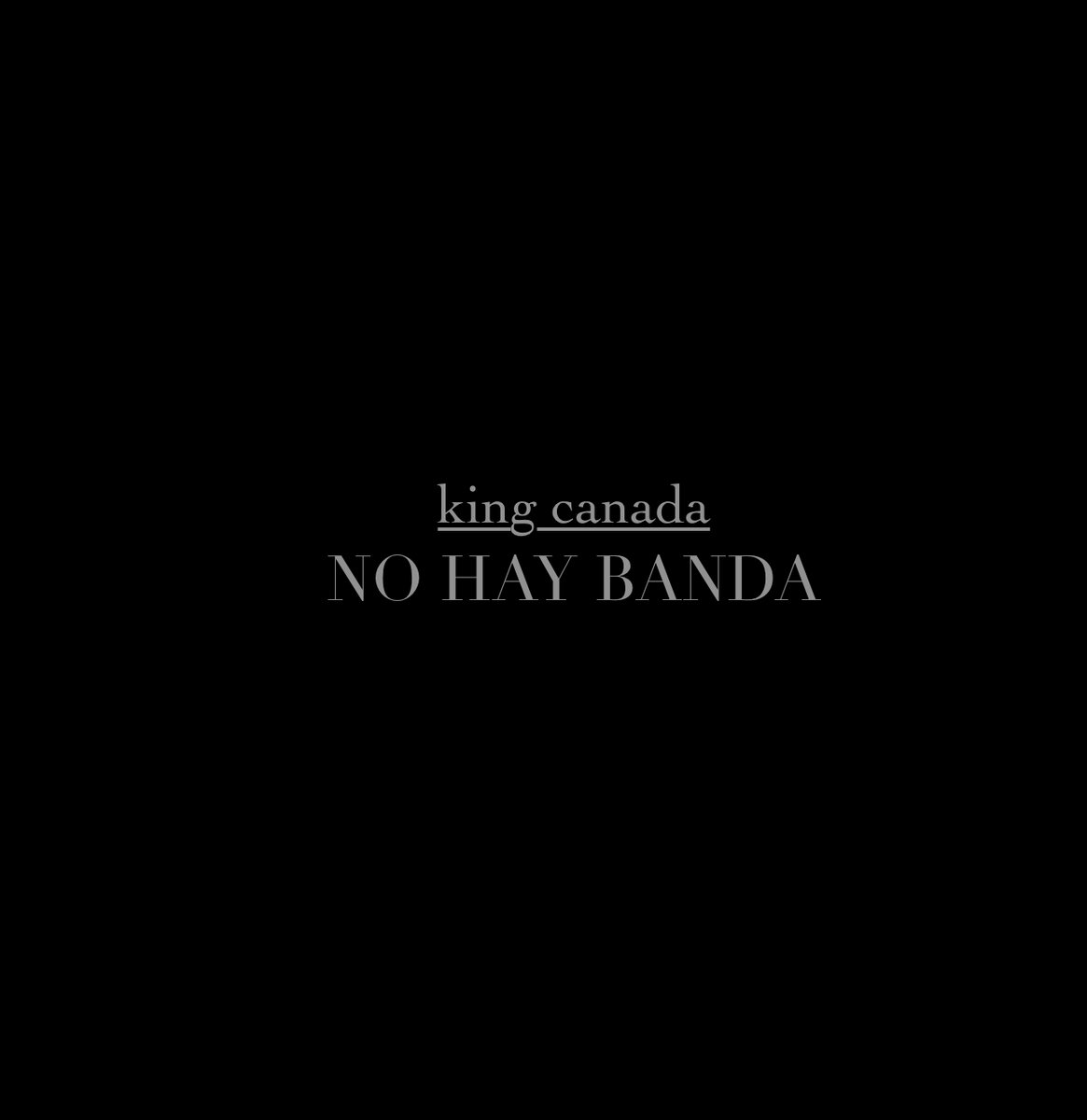Who Is The King Of Canada? Exploring The Role And Legacy Of Canada's Monarch
Apr 02 2025
Who is the king of Canada? This question has intrigued many, as Canada operates under a constitutional monarchy, where the role of the monarch is both symbolic and constitutional. While Canada has no king at present, the country recognizes Queen Elizabeth II as its reigning monarch. Her eventual successor will determine who becomes the king of Canada, adding layers of intrigue to this topic. Understanding the monarchy's role in Canadian governance provides valuable insight into the nation's history and political structure.
Canada’s relationship with its monarchy dates back centuries, rooted in its colonial past. The British monarchy has played a pivotal role in shaping Canadian laws, traditions, and institutions. This article delves into the monarchy's influence on Canada, the potential king of Canada, and the implications of this position for the nation's future.
By examining the historical context, current constitutional framework, and potential successors, we aim to clarify the role of the monarchy in Canada and answer the question of who may become the king of Canada. This exploration will also highlight the relevance of this topic in modern Canadian society.
Read also:1965 Chinese New Year Celebrations Traditions And Historical Significance
Understanding Canada's Constitutional Monarchy
Canada operates under a constitutional monarchy, where the monarch serves as the head of state. This system balances the ceremonial duties of the monarch with the practical governance carried out by elected officials. The monarch’s role is primarily symbolic, representing unity and continuity in Canadian governance.
Key Features of Canada's Monarchy
- The monarch is represented in Canada by the Governor General, who performs duties on behalf of the sovereign.
- The monarchy's role is defined by the Canadian Constitution, which establishes the separation of powers between the executive, legislative, and judicial branches.
- Monarchical duties include giving royal assent to legislation, appointing the Prime Minister, and summoning or dissolving Parliament.
Despite its symbolic nature, the monarchy remains an integral part of Canada's identity. It connects the nation to its historical roots while maintaining a sense of tradition and stability.
Who Is the Current Monarch of Canada?
Queen Elizabeth II has served as Canada's reigning monarch since 1952. Her long and storied reign has seen significant changes in both Canada and the Commonwealth. As the longest-serving monarch in British history, Queen Elizabeth II has played a crucial role in shaping modern Canada.
Queen Elizabeth II's Legacy in Canada
- Queen Elizabeth II has visited Canada numerous times, strengthening ties between the monarchy and the Canadian people.
- Her reign has been marked by efforts to modernize the monarchy while preserving its traditions.
- The Queen's dedication to public service and her commitment to Canadian values have earned her widespread respect across the nation.
As Queen Elizabeth II’s reign draws to a close, the question of who will succeed her as the king of Canada becomes increasingly relevant.
Who Will Be the Next King of Canada?
Upon Queen Elizabeth II's passing, her son, King Charles III, will ascend the throne as the next monarch of Canada. As the eldest child of the Queen, King Charles III is the heir apparent to the British throne and, by extension, the Canadian monarchy.
King Charles III: A Profile
- King Charles III has been actively involved in public service for decades, focusing on issues such as environmental sustainability and social welfare.
- He is known for his advocacy of traditional architecture and his support for sustainable farming practices.
- King Charles III's reign is expected to continue many of the traditions established by his mother while addressing contemporary challenges facing the monarchy.
King Charles III's ascension to the throne will mark a new chapter in Canada's relationship with its monarchy. His priorities and leadership style may influence the future direction of the Canadian monarchy.
Read also:Understanding The Essentials What Is A Toalla Sanitaria In English
The Role of the Monarch in Canadian Governance
The monarch's role in Canadian governance is defined by the Constitution Act of 1867. While the monarch holds significant ceremonial duties, the practical governance of the nation is carried out by elected officials and the judiciary. This system ensures a balance of power while maintaining the symbolic importance of the monarchy.
Key Duties of the Monarch in Canada
- Granting royal assent to legislation passed by Parliament.
- Appointing the Governor General, who acts as the monarch's representative in Canada.
- Summoning and dissolving Parliament as required by constitutional conventions.
These duties underscore the monarch's role as a unifying figure in Canadian governance, bridging the gap between tradition and modernity.
Historical Context: The Evolution of Canada's Monarchy
Canada's relationship with the monarchy dates back to the 16th century, when French and British explorers claimed parts of North America in the name of their respective monarchs. Over time, the British monarchy became the dominant force in Canadian governance, leading to the establishment of a constitutional monarchy after Confederation in 1867.
Key Moments in Canada's Monarchical History
- The signing of the Constitution Act of 1867 formalized the role of the monarchy in Canadian governance.
- The Statute of Westminster in 1931 granted Canada greater autonomy, while maintaining the monarchy as its head of state.
- The patriation of the Canadian Constitution in 1982 reinforced the monarchy's role in the nation's legal framework.
Understanding this historical context provides insight into the enduring relevance of the monarchy in modern Canada.
Public Perception of the Monarchy in Canada
Public opinion on the monarchy in Canada is divided, with some viewing it as an important symbol of national identity, while others question its relevance in a modern democracy. Surveys indicate that a majority of Canadians support retaining the monarchy, though this support tends to be strongest among older generations.
Factors Influencing Public Opinion
- Cultural ties to the United Kingdom and the Commonwealth.
- Perceived benefits of maintaining a stable and unifying national symbol.
- Growing calls for greater independence and modernization of Canadian institutions.
As the monarchy evolves, public perception will continue to shape its role and influence in Canadian society.
Challenges Facing the Canadian Monarchy
The Canadian monarchy faces several challenges in the modern era, including declining public interest, questions about its relevance, and the need for greater inclusivity. Addressing these challenges will require a thoughtful approach that balances tradition with innovation.
Potential Solutions
- Increasing public engagement through outreach and educational initiatives.
- Modernizing the monarchy's image to appeal to younger generations.
- Enhancing the representation of diverse communities within the monarchy's activities.
By addressing these challenges, the monarchy can continue to play a meaningful role in Canadian governance and society.
Comparing Canada's Monarchy with Other Commonwealth Nations
Canada's monarchy shares similarities with those of other Commonwealth nations, such as Australia and New Zealand. However, each nation has developed its own unique relationship with the monarchy, influenced by historical, cultural, and political factors.
Key Differences
- Canada's strong cultural ties to the United Kingdom have shaped its monarchical traditions.
- Other Commonwealth nations, such as India and Pakistan, have transitioned to republics, highlighting differing approaches to governance.
- The Canadian monarchy's role in maintaining national unity contrasts with the more ceremonial roles seen in some other Commonwealth nations.
These comparisons provide valuable insights into the diverse ways in which the monarchy operates within the Commonwealth.
Future Prospects for the Canadian Monarchy
The future of the Canadian monarchy will depend on its ability to adapt to changing societal norms and expectations. As King Charles III assumes the throne, his leadership will play a crucial role in shaping the monarchy's trajectory in Canada.
Potential Developments
- Greater emphasis on environmental and social issues in monarchical activities.
- Increased engagement with Indigenous communities and other marginalized groups.
- Modernization of monarchical traditions to align with contemporary values.
These developments will determine the monarchy's relevance and influence in Canada's future governance and society.
Conclusion
In conclusion, the question of who is the king of Canada remains relevant as the nation navigates its relationship with the monarchy. While Canada currently recognizes Queen Elizabeth II as its reigning monarch, the eventual ascension of King Charles III will mark a new chapter in this relationship. Understanding the historical, constitutional, and cultural dimensions of the monarchy provides valuable context for assessing its role in modern Canada.
We invite readers to share their thoughts and opinions on this topic in the comments section below. For more information on Canadian governance and history, explore our other articles on this site. Together, we can continue to explore the fascinating intersection of tradition and modernity in Canadian society.
Table of Contents
- Understanding Canada's Constitutional Monarchy
- Who Is the Current Monarch of Canada?
- Who Will Be the Next King of Canada?
- The Role of the Monarch in Canadian Governance
- Historical Context: The Evolution of Canada's Monarchy
- Public Perception of the Monarchy in Canada
- Challenges Facing the Canadian Monarchy
- Comparing Canada's Monarchy with Other Commonwealth Nations
- Future Prospects for the Canadian Monarchy
- Conclusion


